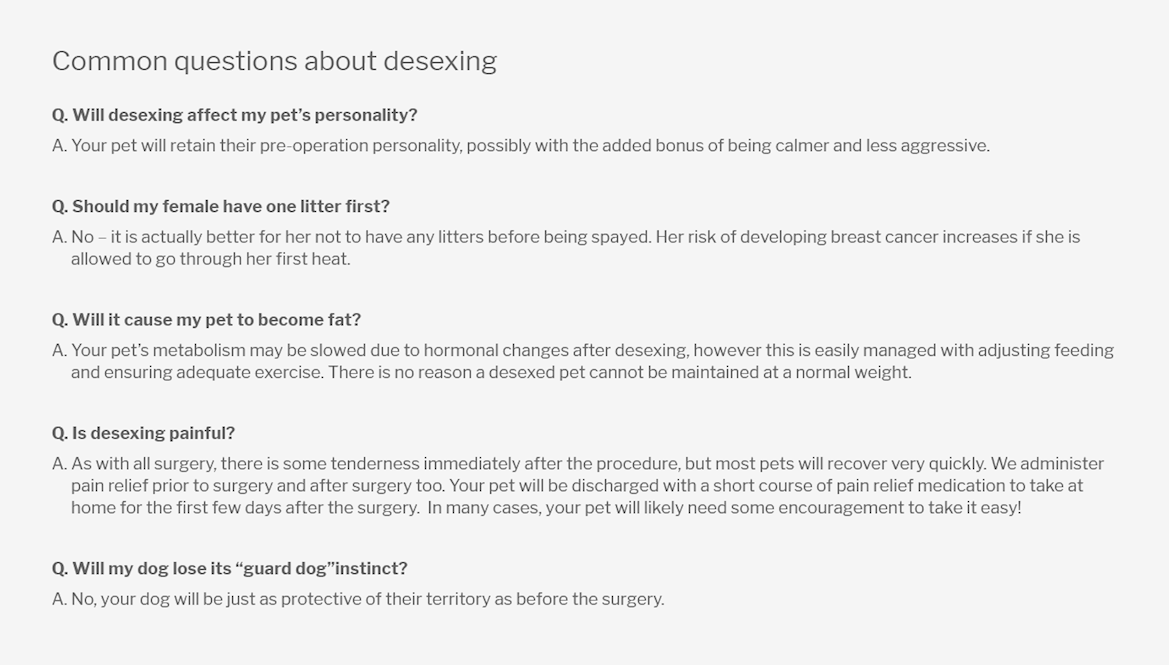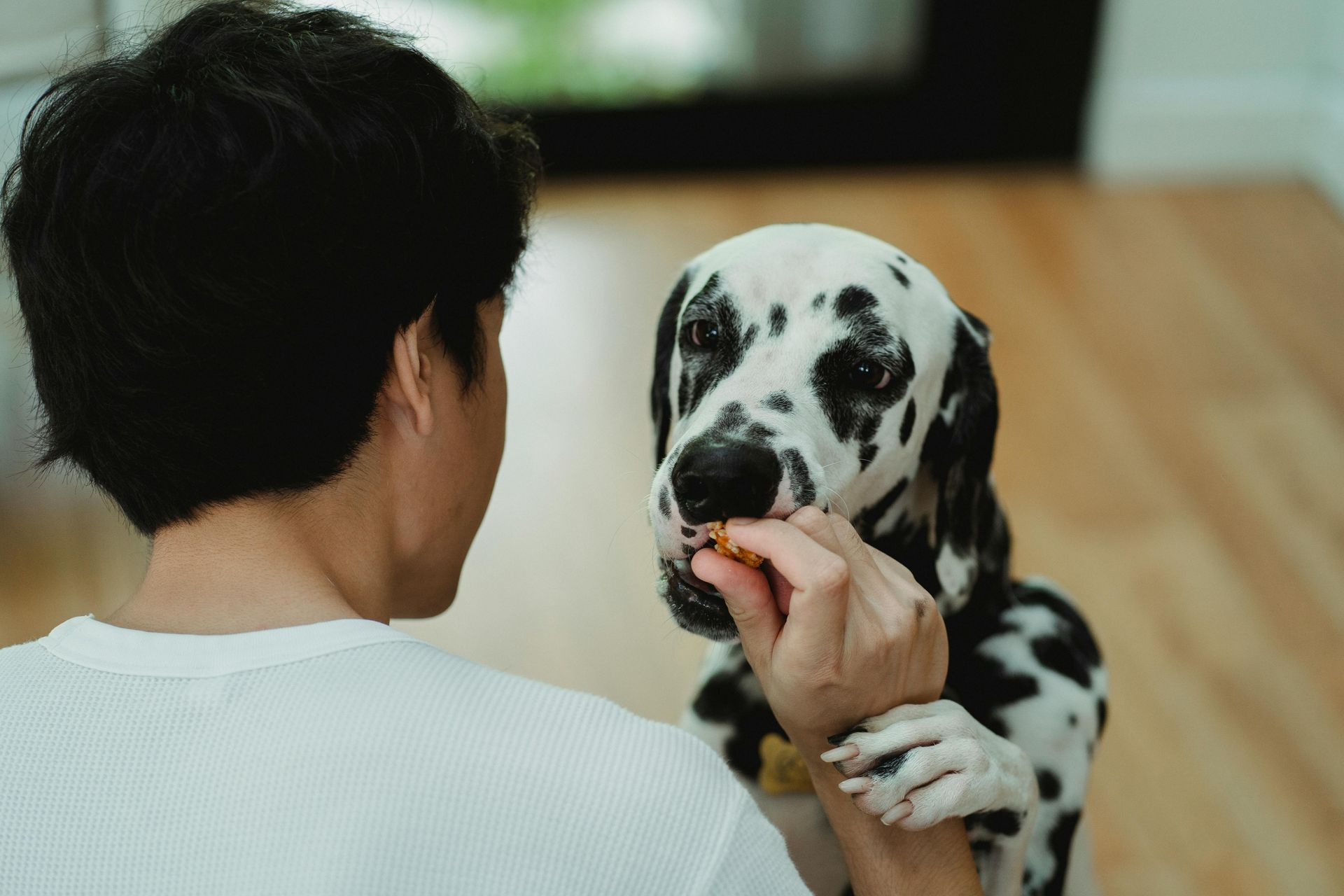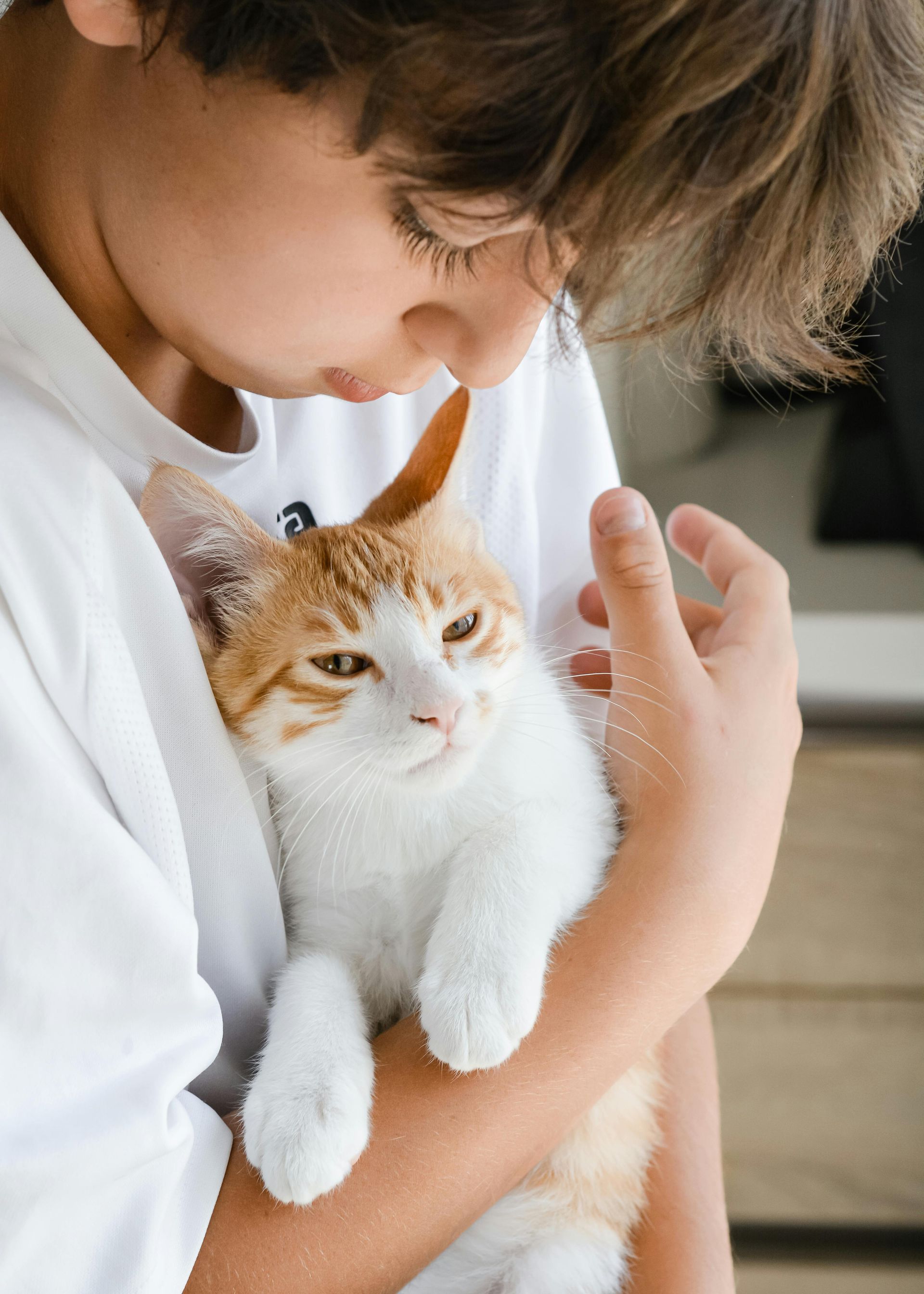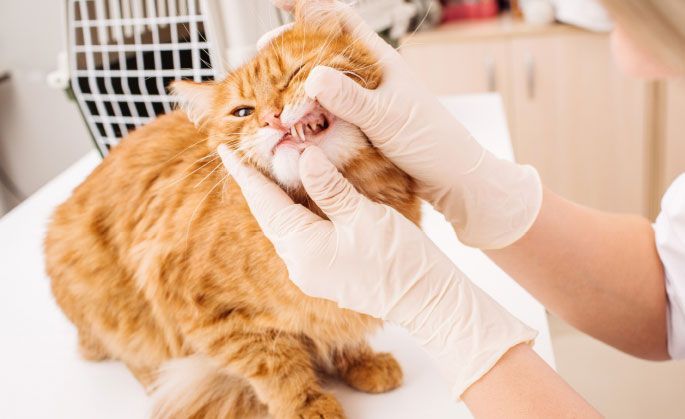Desexing
Desexing or neutering your pet is a surgical procedure that prevents them from being able to reproduce. In male pets it is commonly referred to as “castration”, and in female pets as “speying”. This is the most frequent surgery performed by our vets, and generally your pet is home by the evening of surgery.
The most common age to desex your pet is between 6 and 18 months, however they are never too old to be desexed.
There are many benefits to desexing your pet. They include:
- Preventing unwanted litters, which can be very costly, and may add to the already overwhelming number of stray animals that are put down each year
- Prevention of testicular cancer and prostate disease in males, and it can help prevent pyometra (infection of the uterus) and mammary tumours (breast cancer) in females
- Stopping the “heat” cycle in females. Female dogs will start to cycle soon after 6 months of age.
- Decreasing aggression towards humans and other animals, especially in males
- Being less prone to wander, especially in males
- Reduction of council registration fees
If you own a large breed dog, with an expected adult weight greater than 20kg, we recommend delaying desexing until at least 12-18 months of age where possible. This decision obviously needs to take into consideration your pets personal environment and if early breeding can be avoided. Age of desexing is an evolving discussion with each patient having individual recommendations, dependant on breed, temperament and lifestyle.
New studies suggest early desexing may affect long term bone growth and conformation in larger breeds, predisposing them to orthopaedic conditions later in life.
New research also suggests waiting to desex dachshunds until 12months of age may also decrease the risk of Intervertebral disk disease.

What to do before and after surgery
Before surgery:
- Make a booking for your pets operation.
- If your pet is a dog, you can wash them the day before surgery as they are then unable to be washed after until the stitches are removed.
- You can give you pet an evening meal as normal the day prior to surgery, but do not leave food out overnight. Water should be freely available to your pet until 8 am on the day of surgery.
- A blood test may be performed prior to surgery to check vital organ function.
- The vet will perform a thorough physical examination before administering an anaesthetic.
- Intravenous fluid therapy is required during most types of surgery. This will be discussed with you prior to the procedure.
- To ensure your pet is as comfortable as possible, all pets receive pain relief as part of the desexing procedure, and we may prescribe medication for you to administer at home for a few days after the procedure.
After surgery:
- Keep your pet restrained and quiet as the effects of anaesthetic can take some time to wear off completely.
- Keeping them quiet is also essential to allow the wound to heal.
- Food should be limited to small portions only on the night of surgery. Follow any dietary instructions that the vet has provided.
- Ensure all post-surgical medications (if any) are administered as per the label instructions.
- Ensure your pet’s rest area is clean to avoid infection.
- Check the surgical wound at least twice daily for any signs of infection or disruption (e.g. bleeding, swelling, redness or discharge). Contact the vet immediately if any of these occur. Do not wait to see if they will spontaneously resolve.
- Prevent your pet from licking or chewing the wound. Special cone-shaped collars assist with this problem. A single chew can remove the careful stitching with disastrous effects.
- Ensure you return to us on time for routine post-operative check-ups and removal of stitches.
If you have any concerns before or after your pet has been desexed, please call us immediately to discuss.











